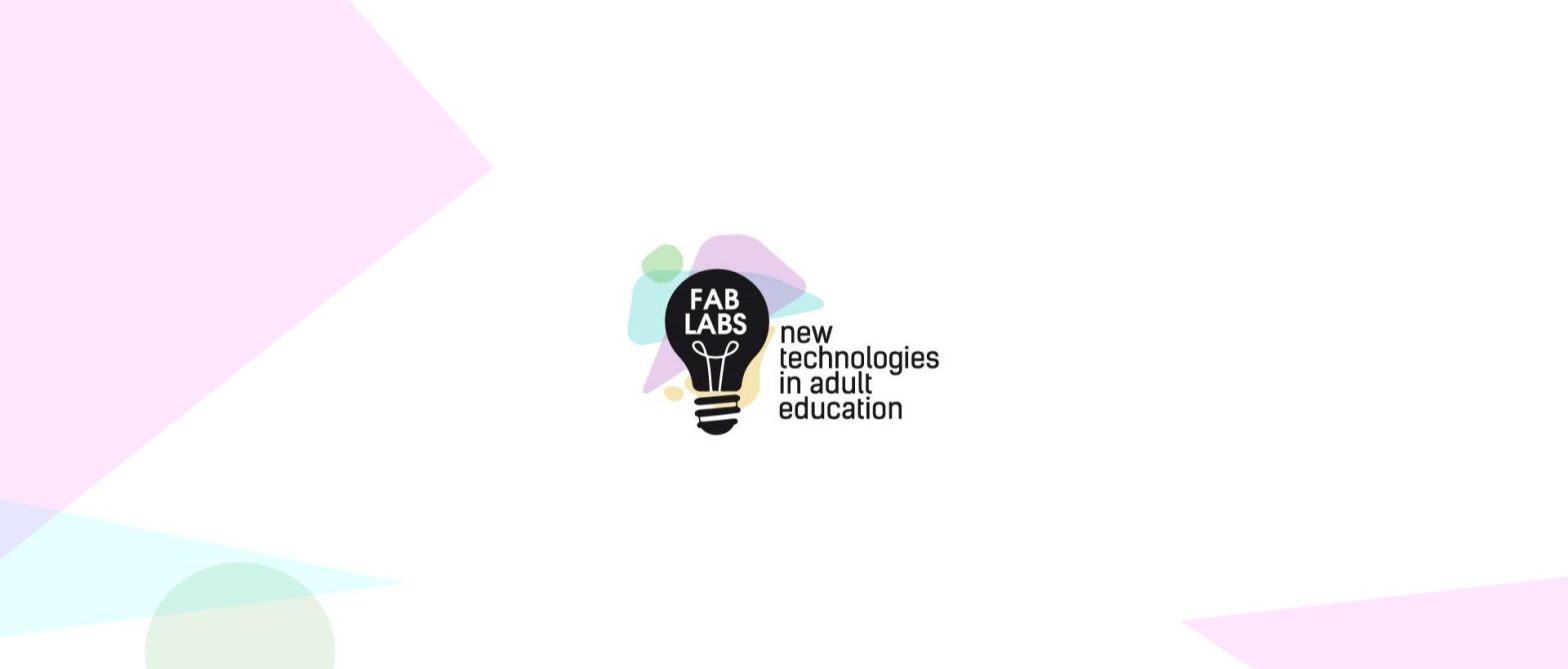We are happy to announce the “FABLABs – new technologies in adult education” project is complete, and we are ready to share the results. The 34-month-long project was a collaboration between FabLabs from various European countries. It looked at the theories and practices of adult learning built on the FabLab concept.
The project brought together six labs from 5 European countries.
- Aalto Fablab, Finland
- Artefacts, France
- Buinho, Portugal
- Fab Lab Reykjavik, Iceland
- Robisz.to, Poland
- Workshops of Culture, Poland
The project’s general topic was “FabLabs as adult learning environments”. It looked closely at various ways of organising learning and the principles of interaction with local communities to:
- recognise good practices in providing education on new technologies to adult learners using a FabLab concept of work
- exchange know-how in the field of teaching methodology (education methods and approaches)
- investigate the way to apply a FabLab concept to adult education
- deepen the professional development of people working in FabLabs as educators and managers
- allow comparative research on teaching new technologies in non-formal education in various European countries.
The project’s main activities were partner meetings in each country. The sessions allowed us to work on the project results, deepen our knowledge of each institution, its educational practices and working conditions, and meet several local partners. The project contributed to the professional development of people working in FabLabs as managers and educators, strengthening their skills and competencies, widening their horizons and allowing them to meet colleagues from all around Europe.
The most important lesson we learned through the project is that providing a valuable learning experience takes a lot. It goes from providing adequate learning space (both physical and virtual) to creating various learning paths that suit individual learners’ needs and validate learning outcomes. We learnt that despite the differences, all participating FabLabs want to ensure the best possible learning experience for their users.
Click on the links below to access the complete publication text and related documents.
For more information, use the websites and social media accounts listed below.

